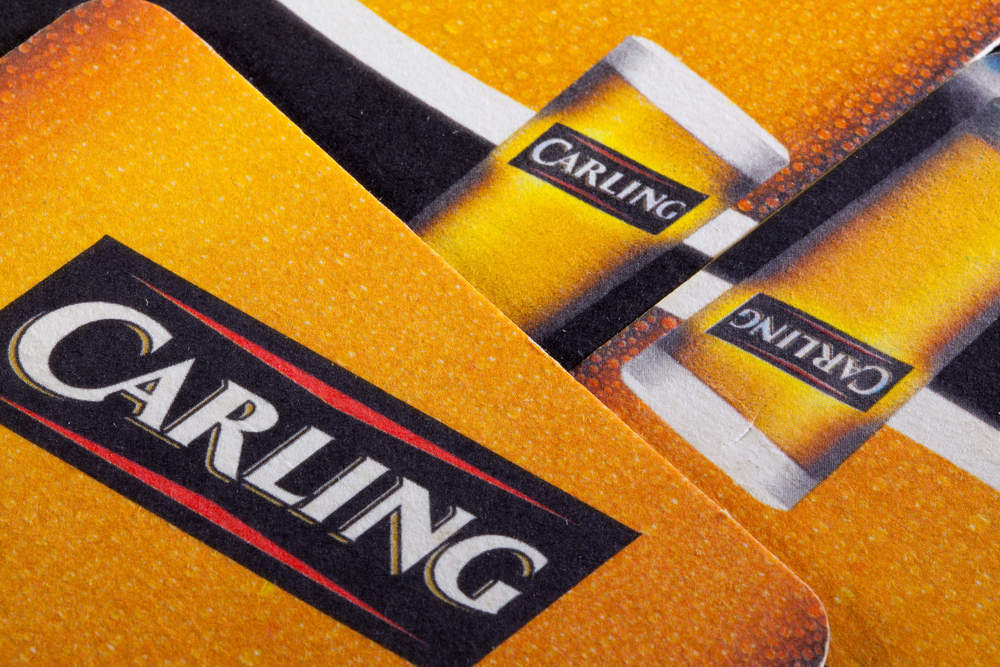Beer giant Carling — owned by Molson Coors — has sidestepped a £50m tax payment in the UK by putting advertising Carling as four percent alcohol proof (ABV) when it’s actually been just 3.7 percent since 2012.
Molson Coors told the court that the alcohol content of Carling is lower than advertised to consumers meaning the tax bill HM Revenue and Customs was pursing was invalid.
The ABV was reduced in an effort to avoid the higher tax rates which apply to high strength beers under the excise laws in the UK, however the company is facing a backlash if people feel they were being duped.
But do people really care?
Despite the shrinking ABV, Carling is still firmly within the mainstream regular strength beer segment, and this is unlikely to change thanks to its status as something of a household name in the UK beer market.
However, there has been an overwhelming trend to move away from mainstream brands such as Carling towards more craft or brands perceived as of a higher quality.

US Tariffs are shifting - will you react or anticipate?
Don’t let policy changes catch you off guard. Stay proactive with real-time data and expert analysis.
By GlobalDataFor the moment, Carling remains the most popular mainstream brand in the UK, according to recent GlobalData research.
Vice president of Molson Coors Europe, Philip Rutherford, reportedly said during the tribunal that the reason for neglecting to change the packaging to advertise the correct ABV was purely monetary, that changing the packaging would lead retailers to demand “a slice” of the money saved.
This move has allowed Carling and Molson Coors to retain a profit margin, though it is unclear whether or not these retailers will have something to say now that the deception has come to light.
A statement from Molson Coors reasserted that “the trust of our consumers is paramount”, but this deliberate misprinting of the ABV seems to undermine this.
However, the statement also affirms that there is a slight variation range for the drink of 0.23 percent, and, “it is completely normal for consumable products to have a slight variation”, which is why the company feels it does not need to change its advertised ABV.








